Dutch space startup Hiber has been in the news a lot for the past couple of days. Recently, the Amsterdam-based NewSpace company is celebrating the lift-off of its second “HiberBand” nano-satellite at the Satish Dhawan Space Centre in Sriharikota in India. The government of the Netherlands backed Hiber to come up with this global satellite solution, opening the door for the 90% of the world currently unable to use connected tech.
Founded by Coen Janssen, Erik Wienk, Ernst Peter Hovinga, Laurens Groenendijk, and Maarten Engelen, a team of satellite experts and tech entrepreneurs, Hiber recently collaborated with Amazon Web Services and was named the AWS Commercial Launch Startup of 2018 on the 25th November.
Further, they also partnered with IBM Watson and Actility for easy integration into existing cloud services, allowing the customer to easily build unique applications with global data-streaming capabilities. To add on, the startup also got funding of €15 million, which was used to initiate the development related to the launch of the satellite.
What you need to know about the nano-satellite!
Once fully operational, the nano-satellite will fly over earth’s poles 16 times a day and the equator twice a day, providing the entire planet with the ability to stream data to and from connected technologies. Using a process that is up to 20 times cheaper than existing global solutions, it works by transferring data from modems and antennas owned by customers directly to the nano-satellites. Data is then sent back to earth via the two existing satellite stations in Spitsbergen in Norway and Delft in the Netherlands.
The network will be commercially operational from Q1 2019, serving more than 25 pilot customers. Hiber estimates there is a potential £3.5B opportunity for growth as potential IoT projects falter due to a lack of connectivity. One of its pilot customers, the British Antarctic Survey will be using the network to transmit data from remote measurement stations currently without access to satellite communications. The ability to stream data from the stations will result in more frequent information gathering at a lower cost and the strain on the environment will be reduced as visits are lessened.
Other customers include a Dutch company, which will be bringing climate stations to schools in rural communities in Peru, Tanzania and Sri Lanka to educate tomorrow’s smart farmers and Blik Sensing, which helps manage water resources by providing insight into global groundwater levels.
“It is beyond exciting to be the first company bringing full IoT-connectivity to the globe – as well as being the first ever commercial Dutch Satellite operator,” said Laurens Groenendijk, Co-Founder of Hiber (and Co-Founder of JustEat and Treatwell). “The commercial applications for Hiberband in the IoT-industry are limitless. We look forward to powering diverse projects, from tracking cattle to tackling climate change and more effectively growing crops.”
The launch of the first satellite took place in Vandenberg, California on the 29th November at 00.02am IST. Hiber expects to launch dozens of satellites to meet the enormous demand for connected tech around the world in the next 12 to 18 months.
Stay tuned to Silicon Canals for more updates in the tech startup world.
Did you know you can post your job for free on our job board? If you require extra promotion, reach out to [email protected] for a discounted offer.



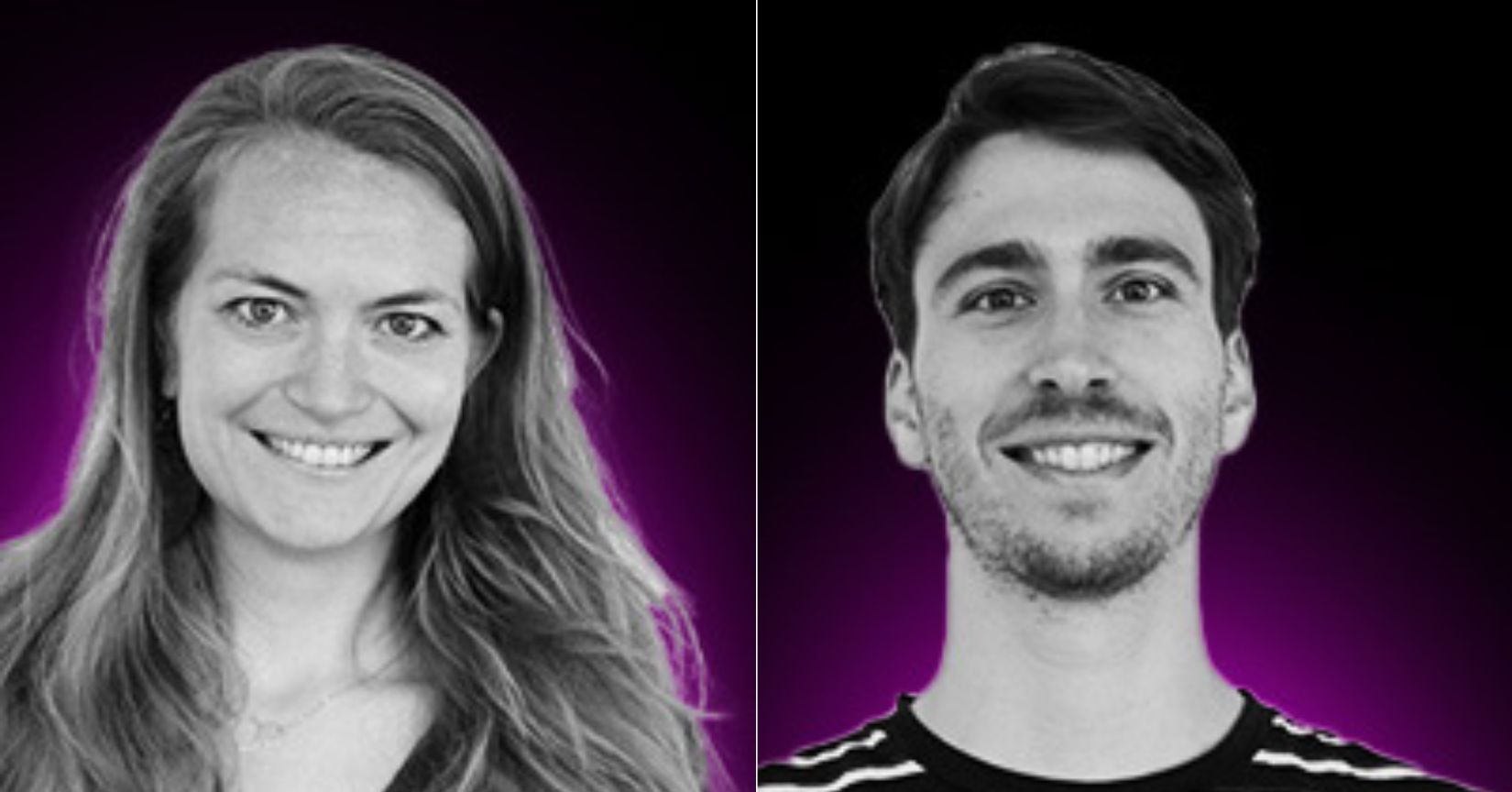
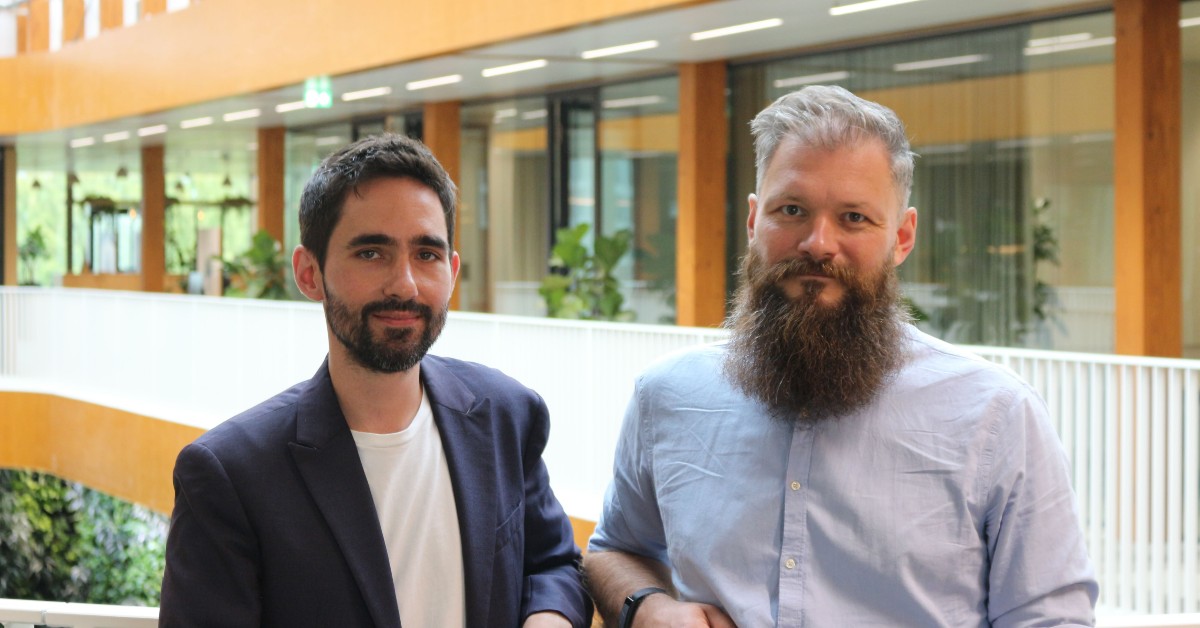

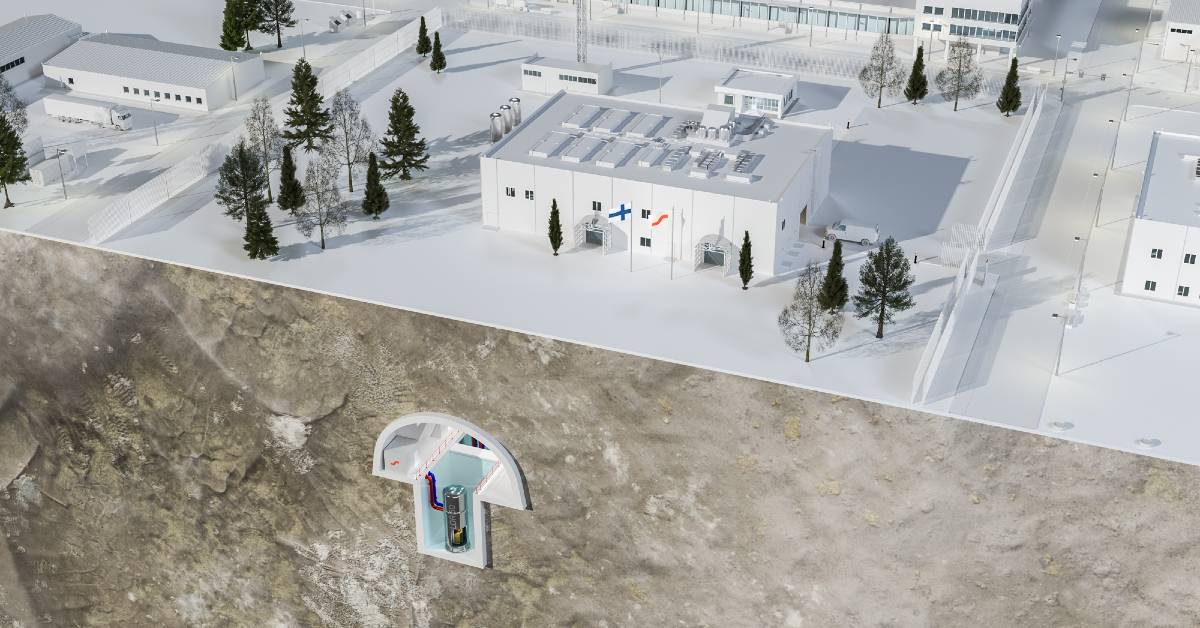
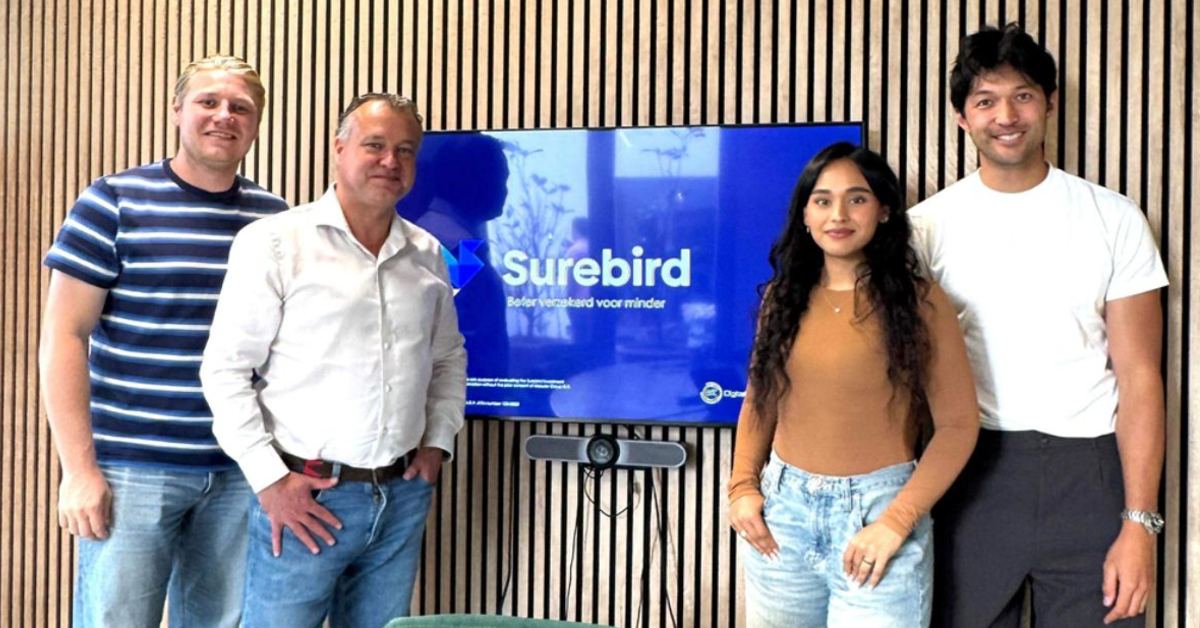
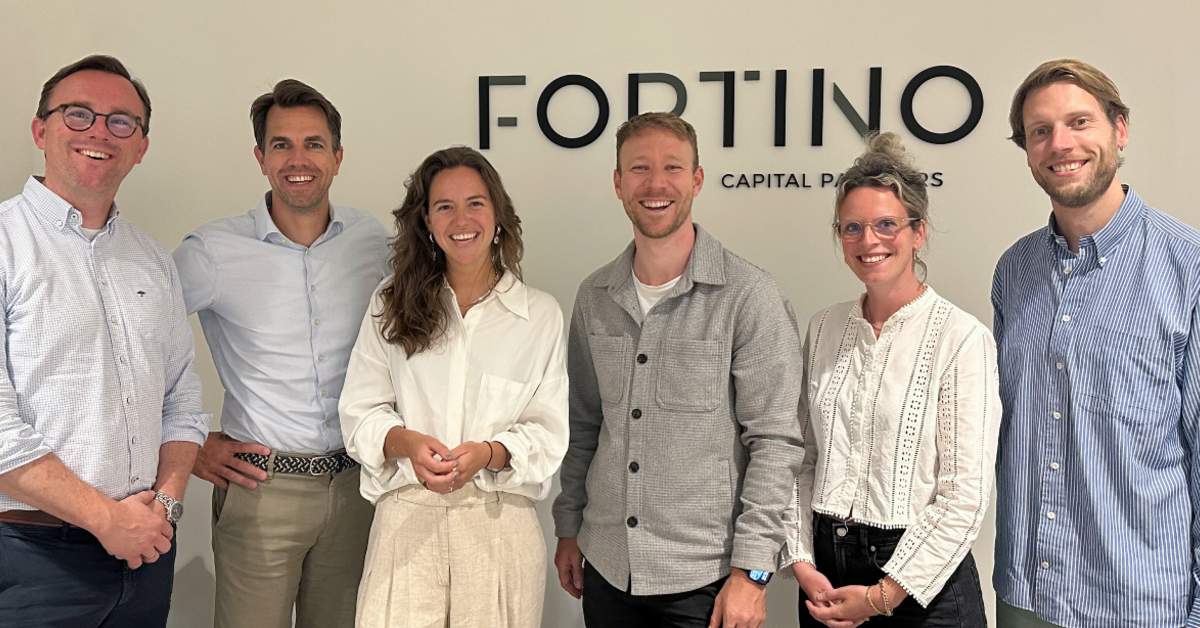

01
From telecom veteran to Dutch Startup Visa success: The Jignesh Dave story